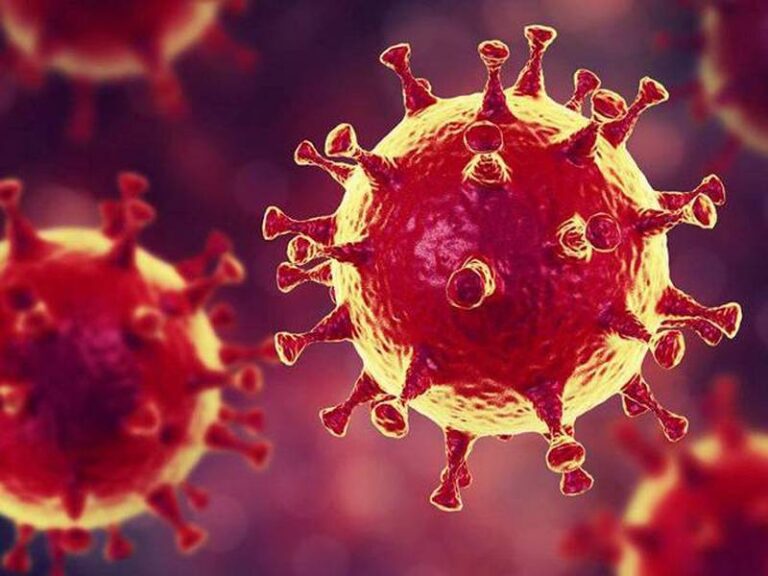
Novel Coronavirus – What you need to know
The spread of Novel Coronavirus (2019-nCoV) can potentially be a cause of worry and concern for some people. Anxiety lowers immunity, so my intention in this article is to allay your fears and increase your knowledge and confidence when it comes to infection. Complementary and Alternative Medicine including Acupuncture has a lot to offer when it comes to your immunity and infections.
While we don’t know how virulent this strain of Coronavirus is or how exactly it spreads, at this time deaths can be mainly attributed to a compromised immune system due to an underlying condition or to being frail or elderly. To put it into context the 2-3% fatality rate of those infected is similar to the fatality risk of common seasonal influenza. It is possible that in the future the virus mutates and becomes more deadly. Currently, there are no available effective medical treatments. Viral pneumonia is the common cause of complication and death. Supporting immune and lung function is important.
Acupuncture alone can raise your immunity and strengthen your lungs against infection. In my next article, “Relieve and Prevent Acute Infection” I detail Complimentary Medicines including acupuncture, which strengthen your body’s ability to fight infection.
NSW Health has released FAQs, which will cover many questions you may have. The WHO recommends the following to help prevent spread:
- Regularly wash your hands with soap and water for at least 20 seconds
- Cover your nose and mouth when sneezing or coughing with a tissue or flexed elbow. Avoid coughing into your hands. Throw the tissue into a closed bin
- Avoid close contact with individuals who display cold and flu-like symptoms
- Avoid touching your eyes, nose and mouth. A face mask may help you to remember to not touch your face
- Avoid travel if you have a fever or a cough
- Avoid travel if you are immunocompromised or have a chronic illness, or if you are regularly in close contact with individuals with such conditions
- If you have a fever, cough or difficulty breathing, seek medical care early, and share your travel history with your health care provider; let your doctor know before you present to their clinic that you have respiratory symptoms so that you are not kept waiting with other patients
- If you feel unwell during your travels, notify your travel crew
- Eat only well-cooked food while travelling
